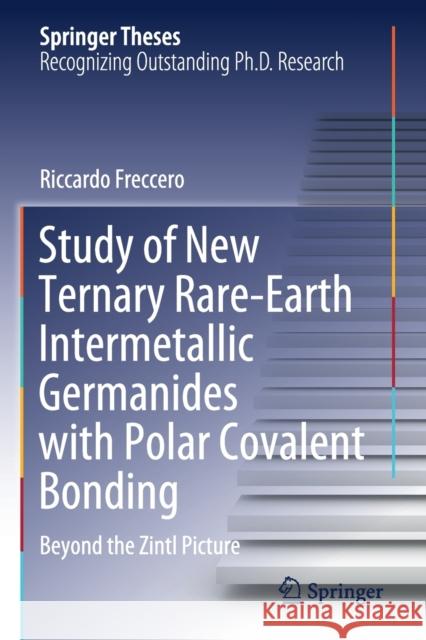Study of New Ternary Rare-Earth Intermetallic Germanides with Polar Covalent Bonding: Beyond the Zintl Picture » książka
topmenu
Study of New Ternary Rare-Earth Intermetallic Germanides with Polar Covalent Bonding: Beyond the Zintl Picture
ISBN-13: 9783030589943 / Angielski / Miękka / 2021 / 244 str.
Study of New Ternary Rare-Earth Intermetallic Germanides with Polar Covalent Bonding: Beyond the Zintl Picture
ISBN-13: 9783030589943 / Angielski / Miękka / 2021 / 244 str.
cena 403,47
(netto: 384,26 VAT: 5%)
Najniższa cena z 30 dni: 385,52
(netto: 384,26 VAT: 5%)
Najniższa cena z 30 dni: 385,52
Termin realizacji zamówienia:
ok. 22 dni roboczych.
ok. 22 dni roboczych.
Darmowa dostawa!
Kategorie:
Kategorie BISAC:
Wydawca:
Springer
Język:
Angielski
ISBN-13:
9783030589943
Rok wydania:
2021
Ilość stron:
244
Waga:
0.34 kg
Wymiary:
23.39 x 15.6 x 1.3
Oprawa:
Miękka
Wolumenów:
01











